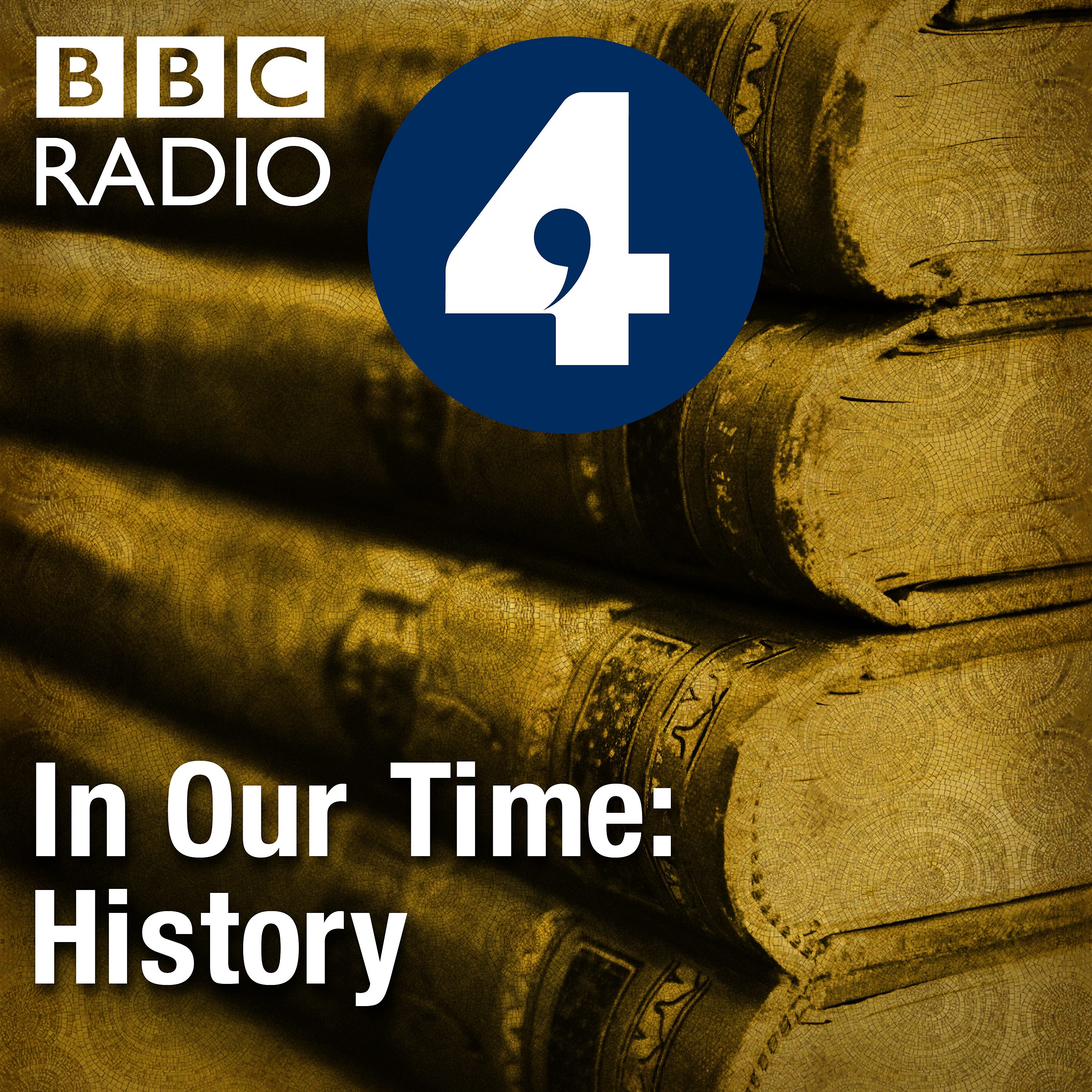The Cultural Revolution
Description
Melvyn Bragg and guests discuss Chairman Mao and the revolt he led within his own party from 1966, setting communists against each other, to renew the revolution that he feared had become too bourgeois and to remove his enemies and rivals. Universities closed and the students formed Red Guard factions to attack the 'four olds' - old ideas, culture, habits and customs - and they also turned on each other, with mass violence on the streets and hundreds of thousands of deaths. Over a billion copies of Chairman Mao’s Little Red Book were printed to support his cult of personality, before Mao himself died in 1976 and the revolution came to an end.
The image above is of Red Guards, holding The Little Red Book, cheering Mao during a meeting to celebrate the Great Proletarian Cultural Revolution at Tiananmen Square, Beijing, August 1966
With
Rana Mitter
Professor of the History and Politics of Modern China and Fellow of St Cross College, University of Oxford
Sun Peidong
Visiting Professor at the Center for International Studies at Sciences Po, Paris
And
Julia Lovell
Professor in Modern Chinese History and Literature at Birkbeck, University of London
Produced by Simon Tillotson and Julia Johnson
More Episodes
Melvyn Bragg and guests discuss the most influential work of Thorstein Veblen (1857-1929). In 1899, during America’s Gilded Age, Veblen wrote The Theory of the Leisure Class as a reminder that all that glisters is not gold. He picked on traits of the waning landed class of Americans and showed...
Published 12/14/23
Published 12/14/23
Melvyn Bragg and guests discuss the North African privateers who, until their demise in the nineteenth century, were a source of great pride and wealth in their home ports, where they sold the people and goods they’d seized from Christian European ships and coastal towns. Nominally, these...
Published 12/07/23


